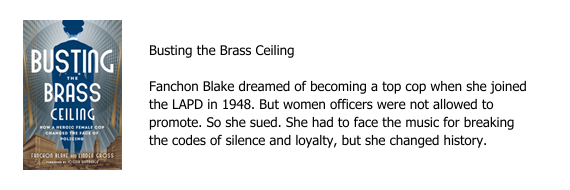In this next to last installment (Part 7) of the series about how to get schools to buy your book—culled from a plan of action created for my friend, client, and associate, Morri Stewart, and her fantasy novel Faltofar—curriculum developer turned creativity coach, Deborah Allen, reviews how to create your instructional strategy related to selling a book to schools, using my friend, client, and associate Morri Stewart’s fantasy novel, Faltofar, as an example:
To define your instructional strategy related to selling a book to schools, use a backward methodology; it’s natural, easy to learn and use, and professionals in every industry use it.
Backward design, which challenges traditional methods of curriculum planning, is exactly what it sounds like. The idea in backward design is to teach toward the endpoint or learning goals, which typically ensures that the content taught remains focused and organized.
In education, you will be asked to define and develop assessments that identify both outputs and outcomes in addition to learning goals and objectives. Clearly defined and attainable outputs and outcomes are necessary to be awarded funds and have been reviewed hyper-critically since 2014. Education has been hyper-focused on outputs and outcomes since inception.
I [Deborah] often view outcomes and outputs, in terms of curriculum planning, as the end point of the unit. Whereas learning goals and objectives are the end point of lesson plans. Each lesson plan gets us closer to the unit goals or outputs (student work, assessments). Outcomes are the big shifts in learning and thinking such as what you want the behavioral changes in students to be after reading your book and completing your curriculum.
For example, Morri could say that by including her fantasy novel Faltofar in the curriculum the students will:
1) Broaden their perspective of society by learning about new cultures and creatures that will encourage them to try new things, and keep an open mind about people and cultures that are different from their everyday exposure.
2) Be curious to seek the other and other cultural experiences that differ from their usual experiences like trying new foods, listening to new music, going to a cultural fair, etc.,
3) Encourage their family and friend network outside of school to apply these principles that can reduce the practice of racism and encourage curiosity through practice.
Back to Linden:
Of course, if you haven’t already published your book, you’re going to need to handle that. We’ll wrap up this whole series next week with information about publishing instructional books and materials.




















0 Comments